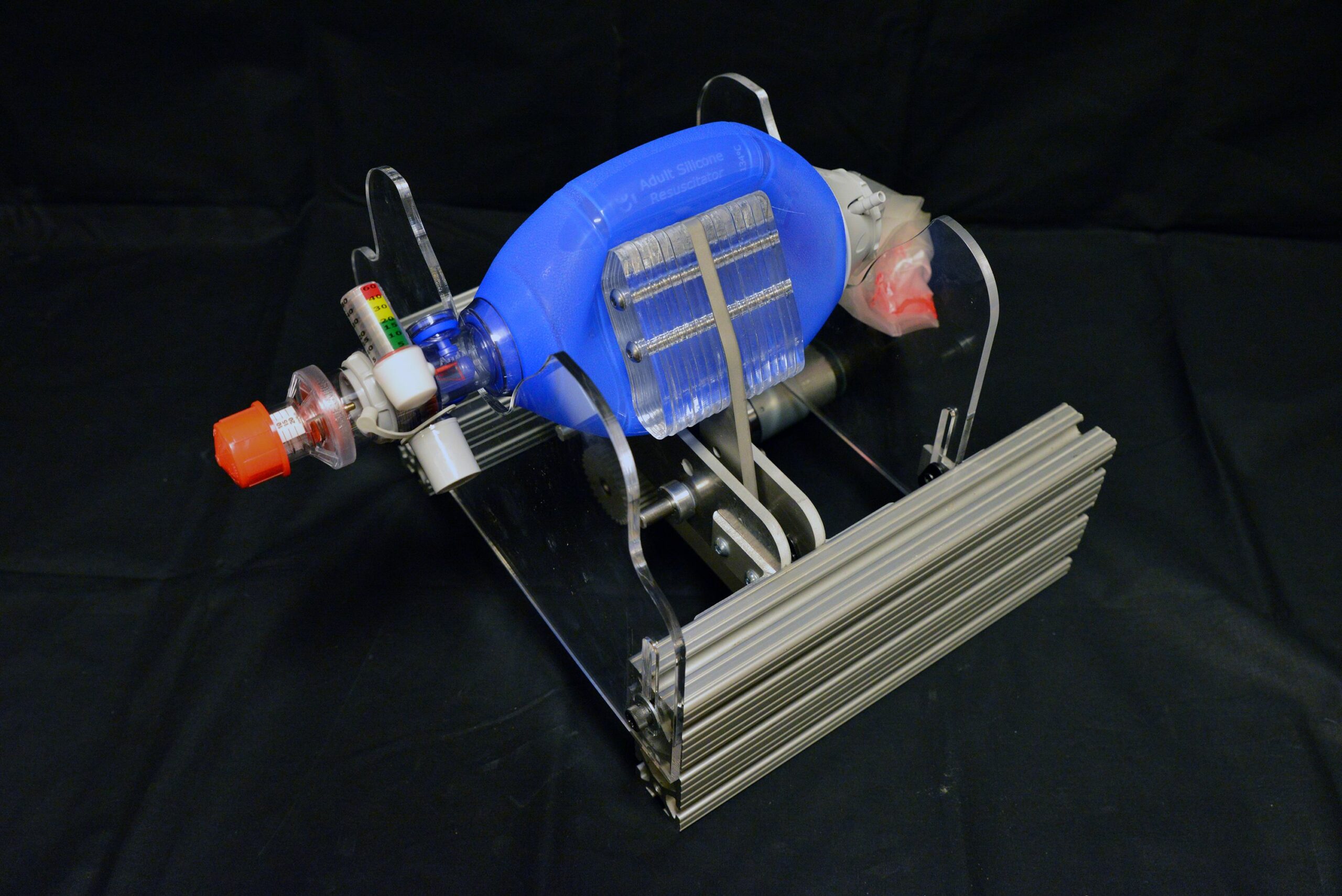MIT Schwarzman College of Computing

Amid the global COVID-19 pandemic, researchers within the Massachusetts Institute of Technology (MIT) Schwarzman College of Computing are accelerating novel approaches to computing and investigating ways in which computational thinking can contribute to aiding in aspects of the public health crisis.
AI Cures collects data and builds partnerships in search for therapeutics
The pandemic has highlighted the urgent need for therapeutics against pathogens and health threats. While traditional drug-development approaches are expensive and time-consuming, AI tools can accelerate and transform this effort, enabling rapid, large-scale searches and identification of potential therapeutics.
AI Cures, an initiative housed at the Jameel Clinic, is drawing together researchers in computational and life sciences from MIT and around the world to provide datasets, ways to frame machine-learning problems, and a platform for interdisciplinary collaboration.
A low-cost ventilator to save lives
One of the most pressing shortages facing hospitals during the COVID-19 crisis is a lack of ventilators, which can cost about $30,000 each. An MIT-based volunteer team of engineers, physicians, computer scientists and other experts is working at top speed on a safe, inexpensive alternative for emergency use that could be assembled anywhere in the world. The key component: a hand-operated bag-valve resuscitator, or Ambu bag.
By making the MIT emergency ventilator project open source, the team can “encourage capable clinical-engineering teams to work with their local resources,” while prioritizing patient safety.